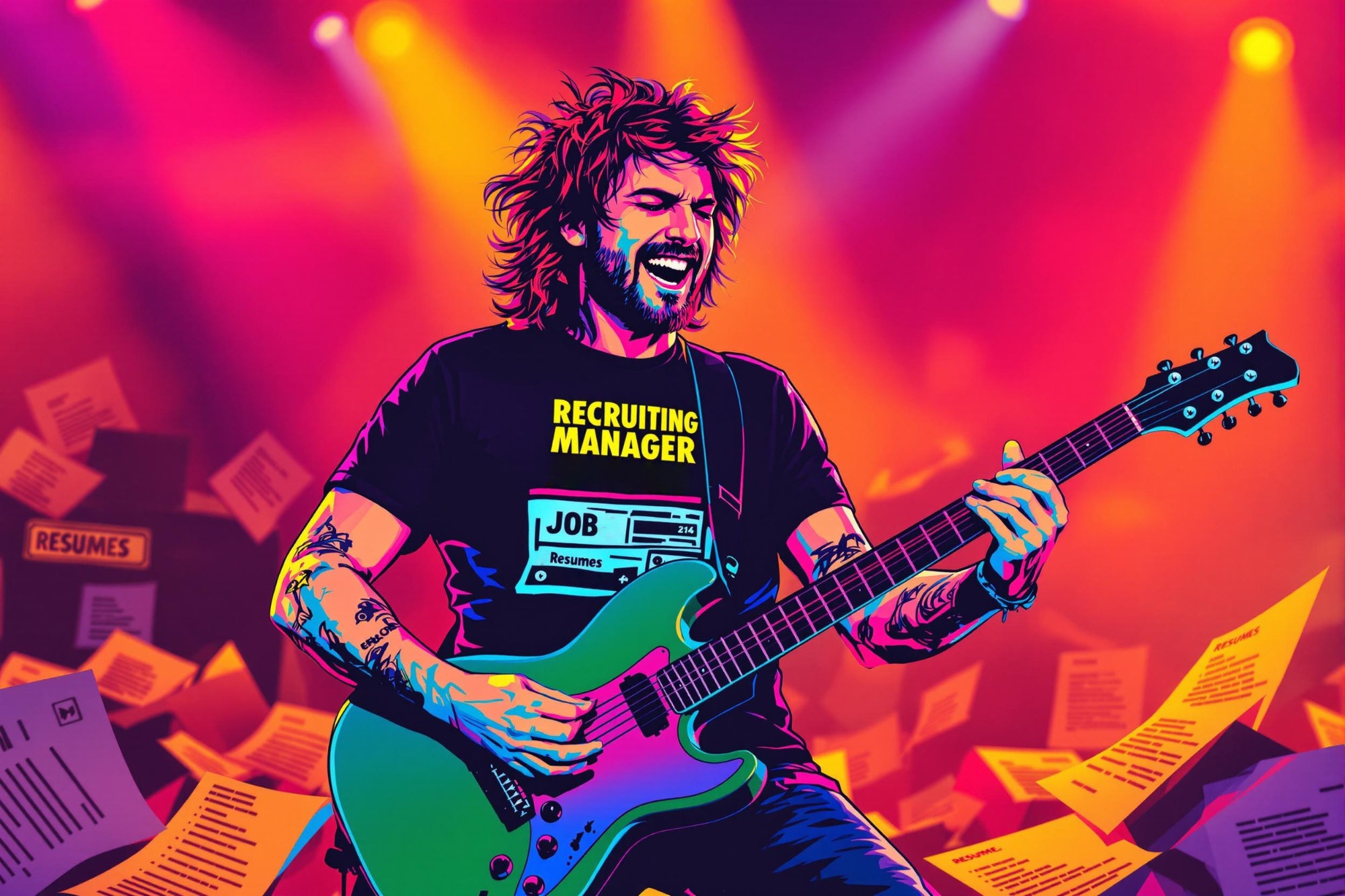
Comedy Club
A Comedy Club is a venue or establishment that specializes in hosting live comedy performances, primarily standup comedy shows. These venues are essential launching pads for comedians' careers, offering regular performance opportunities and helping talent develop their skills. Comedy clubs typically operate on a business model that combines ticket sales, food, and beverages, while providing a dedicated space designed specifically for comedy performances. When this term appears on a resume, it usually indicates experience performing, managing, booking talent, or working in various operational roles within these establishments.
Examples in Resumes
Performed regular weekend sets at Comedy Club
Managed operations and talent booking for a 200-seat Comedy Club
Worked as host/emcee at Comedy Club
Coordinated marketing and social media for Comedy Club
Typical job title: "Comedy Club Professionals"
Also try searching for:
Where to Find Comedy Club Professionals
Industry Networks
Job Resources
Industry Events
Example Interview Questions
Senior Level Questions
Q: How would you handle a difficult situation with a headline performer who isn't meeting contractual obligations?
Expected Answer: Looking for answers demonstrating conflict resolution, contract management, and professional relationship handling while maintaining venue standards and reputation.
Q: What strategies have you implemented to increase club revenue during traditionally slow periods?
Expected Answer: Should discuss experience with special promotions, alternative show formats, marketing initiatives, and business development strategies specific to comedy venues.
Mid Level Questions
Q: How do you build and maintain a successful relationship with comedy agents and talent managers?
Expected Answer: Should explain networking practices, negotiation skills, and maintaining professional relationships in the comedy industry.
Q: What's your process for creating a balanced show lineup?
Expected Answer: Should demonstrate understanding of show pacing, audience engagement, and mixing different comedy styles and experience levels.
Junior Level Questions
Q: What are the key components of running a successful comedy show?
Expected Answer: Should cover basics like timing, room setup, sound check, customer service, and basic operational procedures.
Q: How would you handle a disruptive audience member?
Expected Answer: Should demonstrate understanding of customer service, security protocols, and maintaining a positive show environment.
Experience Level Indicators
Junior (0-2 years)
- Basic venue operations
- Customer service
- Show coordination
- Social media marketing
Mid (2-5 years)
- Talent booking
- Event management
- Staff supervision
- Budget management
Senior (5+ years)
- Venue management
- Contract negotiation
- Business development
- Industry relationship building
Red Flags to Watch For
- No knowledge of comedy industry standards
- Lack of experience with live entertainment venues
- Poor understanding of talent management
- No experience with event coordination or promotion
Need more hiring wisdom? Check these out...

The Cryptic Secrets of Data-Driven HR: Metrics that Actually Matter (and Some That Might Make You Laugh)

From Ghost Town to Talent Hub: Transforming Your Careers Blog into a Talent Magnet

When Job Ads Dance: Why Your Next Hire Might Come From a 20-Second TikTok

